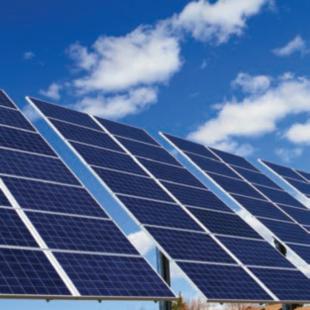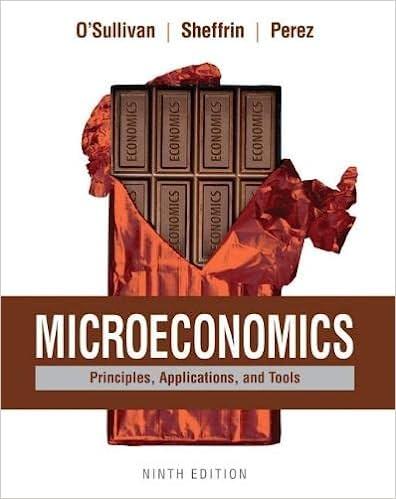In July 2014, the World Trade Organization ruled that the United States had violated international trade laws
Question:
In July 2014, the World Trade Organization ruled that the United States had violated international trade laws by imposing excessive tariffs on Chinese imports on a range of goods, including solar panels. The WTO asked the U.S. to conform its countervailing duties against dumping to international standards. The U.S. agreed to abide by these rulings. However, this was not the end of the controversy.
Meanwhile, at the same time, the U.S. was planning to impose new tariffs on solar panels imported from Taiwan and China and announced these tariffs in December 2014. Most U.S.
installers of solar equipment were opposed to this action—they did not want to see prices of solar panels rise. But the largest manufacturer of solar panels in the United States, Solar World, an American subsidiary of a German company, had pushed the U.S. Department of Commerce hard for these tariffs. Producers in China and Taiwan threatened to return to the WTO and pursue their legal claims, claiming that the U.S. action violated trade laws. But since this would take at least several years to wind its way through the WTO, they also began planning to move their production of solar panels to other countries that would not be subject to the tariffs. Ultimately the WTO can affect the actions of its member countries, but rapid resolution of disputes requires ongoing negotiations between countries.

Question.
How do decisions by the WTO affect trade disputes between countries?
Step by Step Answer:

Microeconomics Principles Applications And Tools
ISBN: 9780134078878
9th Edition
Authors: Arthur O'Sullivan, Steven Sheffrin, Stephen Perez





